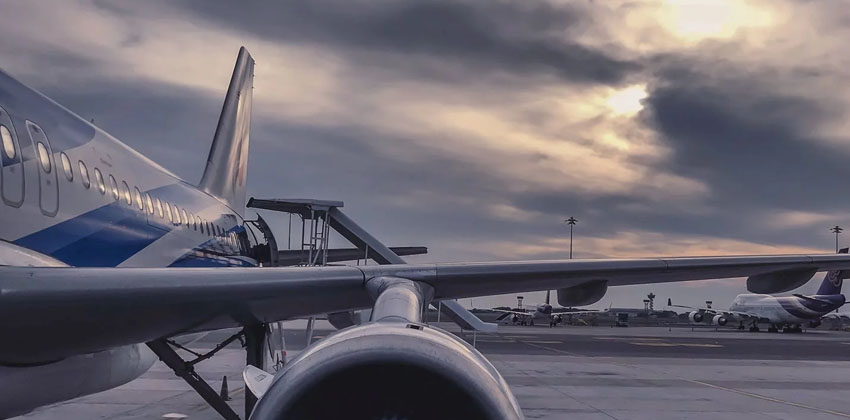Corona impact: Increased demand for private jets globally

As the spread of the dreaded corona virus has resulted in flight cancellations, many commercial airlines have announced cuts in their flight schedule. This has sparked greater interest in the availability of private jets.
With clients looking to avoid crowded airports, steer clear from packed cabins of commercial flights or to evacuate affected areas, private jets are now being looked upon as viable alternatives. Passengers want to travel as quickly as possible and reach safer destinations without hassle, during this crisis period.
Charter jet services like New York based FlyBLACK are serving a broader range of passengers than ever before. With clients looking to avoid contracting the virus or cancelling their travel plans, the influx of passengers is causing private jet providers to scramble to meet their needs.
“We’ve seen a noticeable spike in demand as the impact of the corona virus grow,” says Sami Belbase, Co-Founder & CEO of private jet charter provider FlyBLACK. “It’s like nothing we’ve ever seen, and we’re working hard to accommodate the needs of travelers, many who are new to the charter jet market.
FlyBLACK’s has a charter fleet of over 3,000 aircraft worldwide. Its CEO Belbase believes more and more clients will be turning to private jet providers so that there is only minimal disruption to their lives.
“We have noticed a sharp rise in demands for business jet charter services. Over the last days, inquiries increased by 45% year on year,” says Alain Leboursier, Head of Sales and Development at LunaJets, Europe’s leading private jet charter.
“Flying private, clients will have limited contacts during their journey, limited to airport agents, mandatory security staff and crew. Therefore, you avoid potential corona virus exposure,” says Leboursier.
Private aviation is perceived as a way to decrease the risk to contract corona virus. Passengers can avoid crowds in the airports, as they use separate private airport terminals. Indeed, security controls at private jet terminals are faster than in commercial terminal and there are no queues.
Yet, the seriousness of the situation adds numerous challenges to fly in and out of affected regions. “The situation results in added complexity and longer lead times,” says Leboursier. At LunaJets, the operations team had to be reinforced to follow the situation and changes in regulations continuously.
Founded in Geneva in 2007, LunaJets has access to over 4,800 aircraft.



